Mischief and mayhem work better for Russia than steady cooperation with the western powers. This at least is what the Kremlin leadership decided a decade ago, after Putin had accommodated the American wish for an Uzbekistan base for its Afghan war only to find that President George W. Bush continued to criticise him for the brutal way he brought Chechnya to heel. From then onwards he searched for a different frame for foreign policy. This meant reaching out a hand of friendship to China and other developing countries. It licensed Russia’s ministers, especially those responsible for national security, to be as rude as they liked about America. It spelled out that Russia would achieve its re-emergence as a great power in its own chosen fashion.
Around the world, Moscow spread its propaganda networks. Russkiy Mir cultural institutes were established. The RT television channel was created. Russia hosted successive Formula 1 grands prix and the 2014 Sochi Winter Olympics and prepared for the 2018 Fifa World Cup.
Russian ‘soft power’ worked well for the Kremlin until the decision to occupy Crimea shortly after the Sochi Olympic competitors had flown home. As western economic sanctions came into effect, Putin pondered whether to continue with the path he had chosen. From his standpoint, it was a pointless question. The Americans had applied other sanctions after the death in custody in 2009 of the lawyer Sergei Magnitsky, who had exposed official malpractices. Putin reckoned that the United States would continue to go after his administration regardless of how cooperative he tried to be. He promoted a paranoid picture of world politics in which the ‘hegemonic’ superpower — America — would always victimise his country.
He and the Russian security leaders decided that if Russia wanted respect, it had to be feared. In his second presidential term he signed into law a bundle of vaguely defined measures that endorsed action by Russian secret services beyond the national frontiers. This was little more than a confirmation of past practice. When Putin himself had briefly headed the Russian security service the FSB in 1998-1999, he had boasted to the State Duma of secret operations on foreign soil to punish wrongdoers.
Back then, he had limited himself to claiming FSB’s right to engage in extraterritorial activity against Russian economic crime. As president, he widened the scope for such measures. In particular, he aimed to free — indeed to oblige — the secret services to hunt down and destroy terrorists and extremists who worked in groups based outside Russia. The assassination of a Chechen rebel leader, Zelimkhan Yandarbiyev, in the Qatari capital Doha was the FSB’s work. Putin endorsed this kind of retribution because Yandarbiyev had been touring the Gulf States to raise money for jihadis in Chechnya. And when in November 2006 the former Russian intelligence officer Alexander Litvinenko met a horrific death in central London through a dose of polonium–210, the finger of blame was pointed again at the FSB.
The Metropolitan Police gradually ran down their investigation. Successive cabinets appeared to prioritise attracting Russian money to the City of London. In 2015, as Anglo-Russian relations were going through another of their periodic dips, home secretary Theresa May set up a judicial inquiry. Exhaustive proceedings, some of them held on camera, led Judge Robert Owen to the damning verdict that the order to eliminate Litvinenko had ‘probably’ come directly from the Russian president.
There have been instant suspicions that the FSB has attempted to repeat its murderous work, this time against the former military intelligence colonel Sergei Skripal. As yet these are only suspicions, but naturally the UK counter-terrorism authorities are impressed by the similarity between the outrages of 2006 and the present day.
Before we think we have seen it all before, however, it is useful to consider an important difference. Alexander Litvinenko had spent years exposing malpractice in the FSB leadership, including his charge that the Russian secret services were responsible for the 1999 Moscow apartment bombing. This was the bombing that provided Putin, who was prime minister at the time, with the premise he needed to relaunch Russia’s war in Chechnya. Litvinenko also claimed that Putin is a paedophile. It is hard to imagine what more Litvinenko could have said to enrage Putin.
By contrast, ex-Colonel Skripal lived quietly in Wiltshire, never raising his voice or lifting a pen to tear into the Russian administration. He served a term of imprisonment in Moscow before becoming part of a multiple spy-swap in 2010 when the Russians traded him for the FSB sleeper ‘Anna Chapman’. Whereas she eagerly became a Russian media celebrity, Skripal laid low. Perhaps the most he did was to continue to supply MI6 with valuable information on the basis of his experience.
Putin has made no secret of his hatred of traitors. He himself oversees security policy. If Sergei and Yulia Skripal really were targeted by the FSB, no one can have confidence in any future agreement to live and let live those spies who obtain their freedom by bilateral governmental assent. And if true, it would seem that relatives of traitors are regarded as fair game again (as, for instance, Trotsky’s sons were in the 1930s).
Boris Johnson has blustered that we could terrify Putin by withdrawing the English national squad from the Fifa World Cup tournament in Russia. This would be no more than a slap on the wrist. Johnson might usefully consider how, in 1971, his predecessor at the Foreign and Commonwealth Office Alec Douglas-Home expelled 90 Soviet diplomats for espionage. Icy relations followed, but the British authorities earned lasting respect and Moscow thought twice about offending London.
Does London retain a priority for engorging laundered Russian finance in preference to planning for serious potential retaliation? May’s cabinet has talked up its ambition to seize back control of our country’s affairs. Control over the safety of UK residents would make a good start.
Got something to add? Join the discussion and comment below.
Get 10 issues for just $10
Subscribe to The Spectator Australia today for the next 10 magazine issues, plus full online access, for just $10.
You might disagree with half of it, but you’ll enjoy reading all of it. Try your first month for free, then just $2 a week for the remainder of your first year.

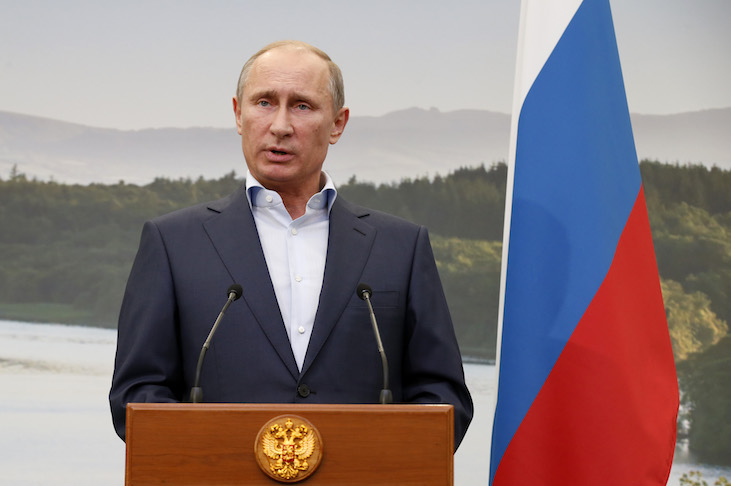
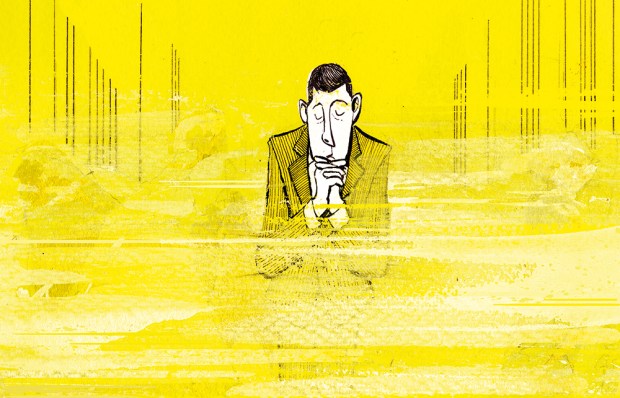

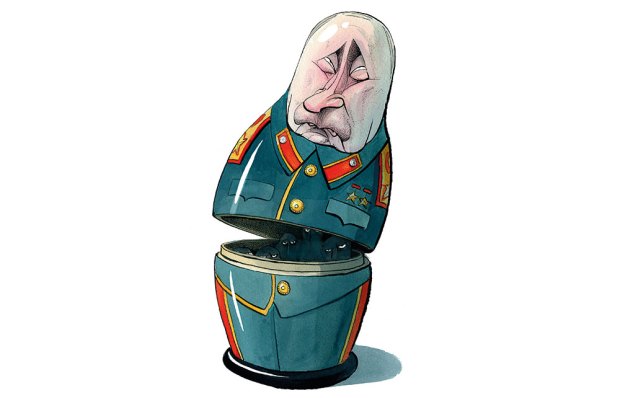
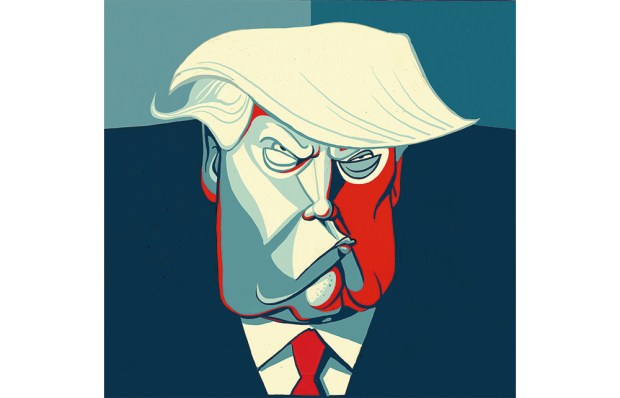

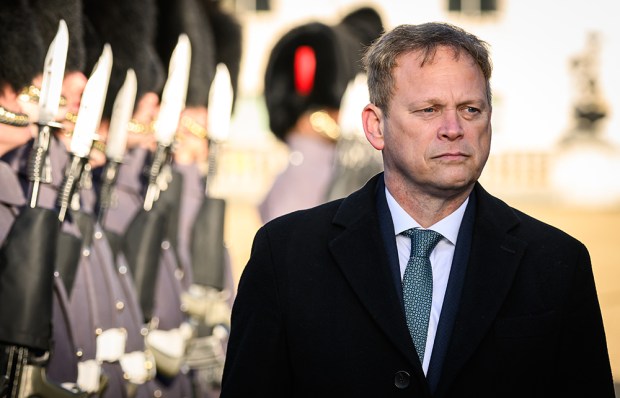






Comments
Don't miss out
Join the conversation with other Spectator Australia readers. Subscribe to leave a comment.
SUBSCRIBEAlready a subscriber? Log in